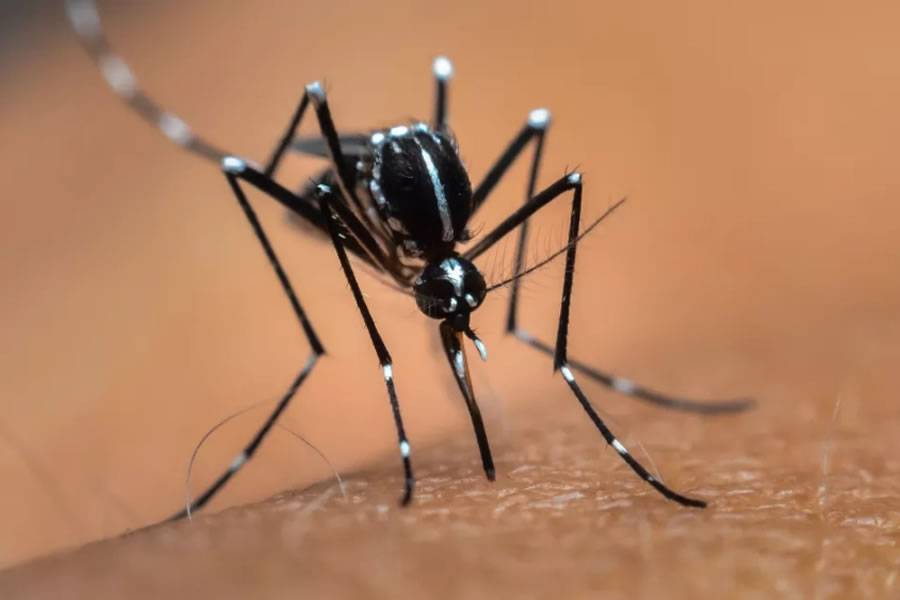Health authorities detect another Tiger Mosquito at Tenerife South Airport
- 21-08-2024
- Tenerife
- Canarian Weekly
- Photo Credit: Ministry Of Health
The General Directorate of Public Health has reported a new detection of the Tiger Mosquito (Aedes albopictus) in Tenerife. This recent discovery was at Tenerife South Airport, which is the second time in less than a year that this invasive species has been found at the airport.
The newly discovered mosquito was an adult specimen found in traps installed within the airport terminal, according to a statement from the health authorities.
The Entomological Surveillance System of the Canary Islands remains active at the airport following the initial discovery of this species last December. Health officials noted that the airport handles luggage from both national and international destinations where these invasive mosquitoes are coming from.
Response Actions
Following genomic sequencing that confirmed the species, the authorities followed the established protocol, involving the General Directorate of Public Health, the University Institute of Tropical Diseases, Public Health at the University of La Laguna, AENA, and the Granadilla de Abona Council, the municipality where the airport is located.
The protocol includes inspections in the area where the mosquito was found and the placement of additional traps to determine if more are present. The frequency of sampling in these traps will also be increased.
All institutions and businesses operating at Tenerife South Airport, as well as local residents, will be informed of the actions to be taken. Recommendations will be provided to prevent the proliferation of mosquitoes and breeding sites, as public cooperation is crucial in these cases.
About the Tiger Mosquito
The tiger mosquito is a black mosquito with distinctive white stripes, smaller than the typical mosquitoes found in the Canary Islands. It thrives in urban environments and has adapted to reproduce in small water sources created by humans.
Although it is not a significant threat in the Canary Islands, in other regions, this mosquito is a known vector for diseases such as dengue, chikungunya, Zika, and yellow fever.
Public health authorities remind that they typically bite during the day, causing a strong inflammatory reaction and severe itching. It moves close to the ground, is agile, and does not produce a buzzing sound.
Only female mosquitoes bite, as they require blood to reproduce, and they need water sources to lay their eggs. The most effective measure to control them is to monitor or eliminate breeding sites.
Other articles that may interest you...
Trending
Most Read Articles
Featured Videos
TributoFest: Michael Buble promo 14.02.2026
- 30-01-2026
TEAs 2025 Highlights
- 17-11-2025
































































